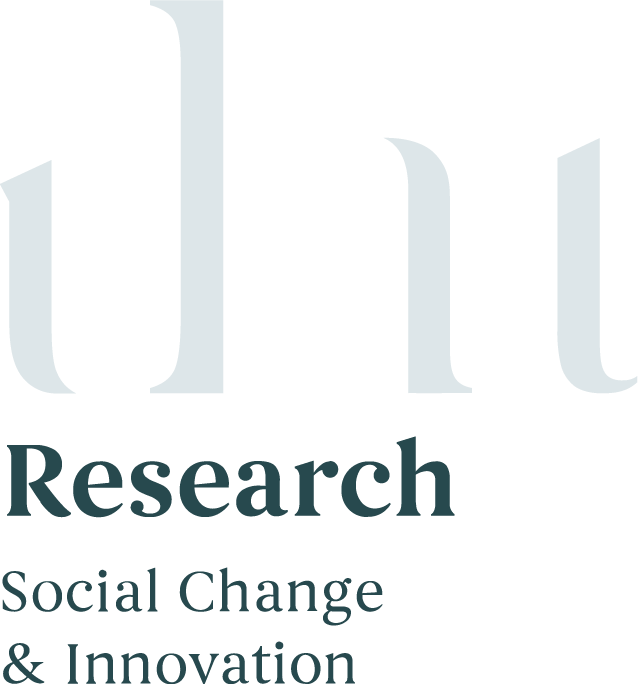Moana House Residential Programme
Project Background
Moana House is a dedicated therapeutic community in Dunedin that has been operating for 31 years. The kaupapa is to assist tāngata whaiora to achieve their potential and become outstanding contributing members of society. Moana House caters for offenders with complex needs including those ' who have multiple difficulties; substance abuse, poor relationships, are victims or perpetrators of violence, have poor work skills and difficulties in setting and achieving goals' (Moana House website). This impact report describes the results of a qualitative case study undertaken to describe the impact of the programme on the lives of the men it serves and their whānau.
What we did
The majority of the whaiora in residence at the time of the inquiry were Māori. The study was underpinned by kaupapa Māori theory and practices (Smith, 1997) and appreciative inquiry (Cooperrider, Whitney & Stavrosto, 2008). The methodology was developed to understand the strengths and positive impacts of the programme for whaiora and their whānau. Twenty six participants contributed to the study including, whaiora, whānau, staff and stakeholders. Key documents and publicly available information regarding Moana House were analysed in order to compare and contrast the qualitative evidence.
Outcome
Evaluation results revealed the profound impacts that participation in the residential programme had on culturally diverse groups of men, resulting in significant cognitive and behavioural changes. As the whaiora engaged in the Moana House wider community based activities they developed enhanced identities as valued and active Moana House whānau members. Findings emphasised that a key enabler of change was the Moana House therapeutic practice (the underlying theory of change) that worked to create a 'whānau of well being'.
Through situated learning, as part of the Moana House whānau, whaiora acquired and practices new family based roles and responsibilities under the guidance of more experienced and skilled Moana House whānau members. These relational and communication skills were also picked up by the men's whānau, emphasising the need to educate and support whānau members int he process of whaiora restoration and recovery.
Recommendations for longitudinal research are highlighted to provide more insight into issues of sustainability and the duration of transformation for whaiora, particularly once they leave the Moana House residential programme. Evidence suggests that although the programme offered after-care the men were most at risk of returning to past behaviour once they left the sanctuary of Moana House.
The unique, whānau based approach of Moana House provides and important pathway for transforming the lives of these men and their whānau.
"This place, if you are open for change, this place changes your life and gives you that real chance at being whatever it is that you want to be and getting out of life whatever it is that you want to get out of life. Without a doubt this programme saved my life, there is no doubt about it."
-Whaiora
Find out how we can help you
We’ll work with you to find out what’s working, where investment could be put to best use or how to improve anything not going to plan. We can help you define success and set tangible, measurable goals. And we talk in real language so you can understand and engage with the findings. We engage with the community to conduct community research and consultations for private companies, trusts, government agencies, NGOs and more. But we have a special interest in research that has a purpose - to better society and teach lessons. We aim to help those we work with build capacity to enact positive change.


